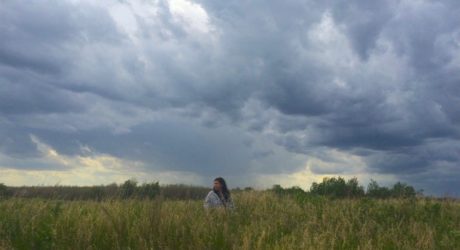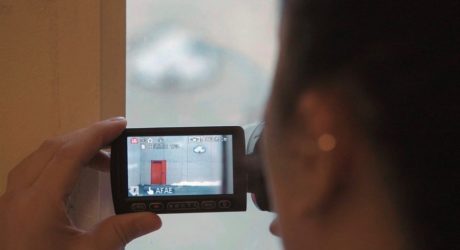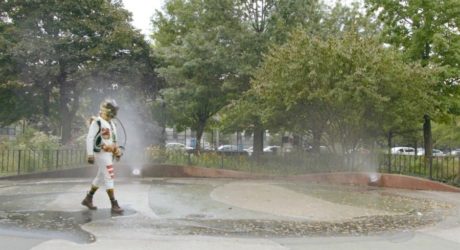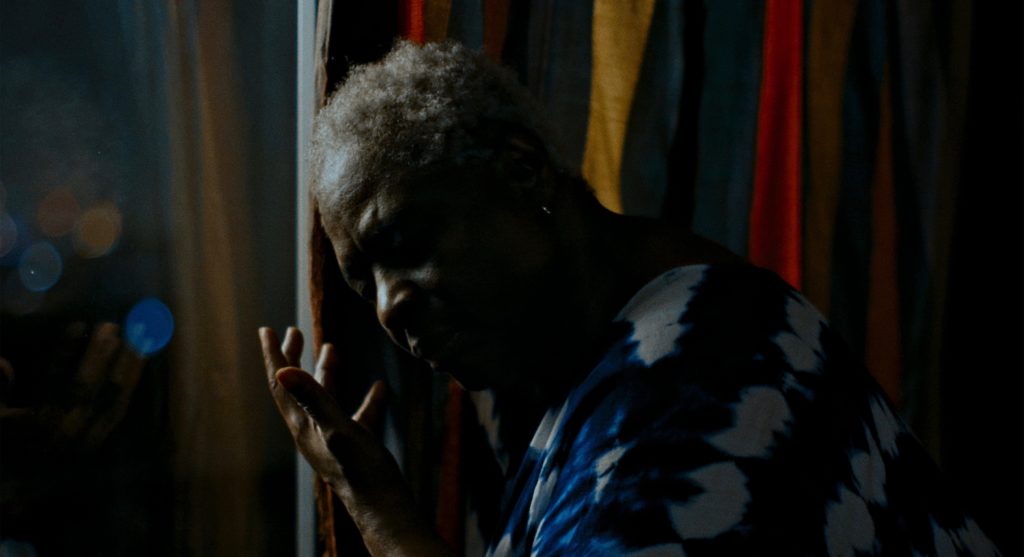
Last year, on the 25th anniversary of the festival, Hot Docs reached gender parity in its programming for the first time in its history. For the 2019 edition, it surpassed that waypost, with 54% of its films being helmed by women. Naturally, many highlights of the festival come from the diversity of women’s voices.
A standout for this year was the opening night film, Tasha Hubbard’s nîpawistamâsowin: We Will Stand Up. The film examines the murder of Colten Boushie, a young Cree man shot to death by a white farmer for trespassing. Giving space to Boushie’s family as they try to find a sense of justice, Hubbard looks to both her own family, and to history. Outlining the impact of colonialism and its lasting effects, we are invited to see Hubbard’s personal relation to the racist murder. Nîpawistamâsowin holds Canada accountable for its systemic racism against Indigenous peoples, and is made all the more powerful by Hubbard’s own voice. Her mix of personal reflection and historical fact help illustrate the context of the Boushie case.

Maya Newell’s In My Blood It Runs also ties together past and present in her examination of colonial violence in Australia. The film focuses on ten-year-old Dujuan, an Aboriginal boy who struggles in white schools but flourishes in his own community, while giving the context of past and present systemic racism. While the documentary itself is somewhat uneven, what is notable is its collaborative nature. Working with Dujuan’s family, and frequently giving the boy the camera to film and narrate his own story, In My Blood It Runs makes great efforts to amplify the voices of the people most affected by the colonialism it references. Similarly, Conviction (Ariella Pahlke, Nance Ackerman, Teresa MacInnes) focuses on women in prison, and their efforts to build systems that aid and nurture rather than incarcerate. Giving cameras to the women, we witness a first-person version of life in prison and after prison, as opposed to a narrative filtered through an insusceptible perspective. The film itself looks to the ways that the current system—which functions through punishment, confinement, and the absence of support—is not working, and towards an alternative model that empowers and aids incarcerated female populations. Subverting the power structure of the prison, where the inmate is locked up and voiceless, Conviction equally subverts the power structure of the film by allowing the subjects narrative agency.

While these films occupy a particular perspective, Brett Story’s The Hottest August gives space for all kinds of voices, while maintaining a decided conversation. Interviewing New Yorkers during the sultry summer of August 2017, Story introduces a range of characters and opinions. Some are focused on the present and the personal (a woman comments that her biggest fear for the future is that she’ll end up single), while others question bigger issues (climate change looms large over the film, and another woman questions the ethics of having children in the face of environmental degradation). A number express fear and disdain over immigration, while others brush aside the threats of a warming planet. A snapshot of Trump’s America, Story is able to non-judgmentally depict the subjects of her film, while maintaining a common thread of concern for the world around us, and a need for both compassion and action.

There is an element of repetition—of a thematic familiarity—to be found throughout these films. Systemic racism, its history and continuance, is brought up in nîpawistamâsowin, as well as in In My Blood It Runs and Jacqueline Olive’s Always in Season (which looks to a present-day lynching of a Black teen). Where Conviction depicts the process of building rehabilitation alternatives to incarceration, we are told by the end of the film that similar projects have already been proposed, rejected, and cancelled again and again. The Hottest August’s take on climate change is uncommon in its exploration of the individual and embodied experience of the phenomenon; still, for the informed viewer, it’s hard to ignore the fact that climate change has been a topic of documentaries for decades, yet little political progress has been made despite a worsening prognosis.
The word that comes to mind when considering these films is “necessary,” and it is true that they are just that. But in their repetition, these documentaries ask us whether we are doing enough to tackle these persistent issues outside of the festival circuit. Not always providing answers, but always interrogating the things that may be hidden or painful to confront, these films remind us that we still have work to do, beyond the creation and consumption of media.





